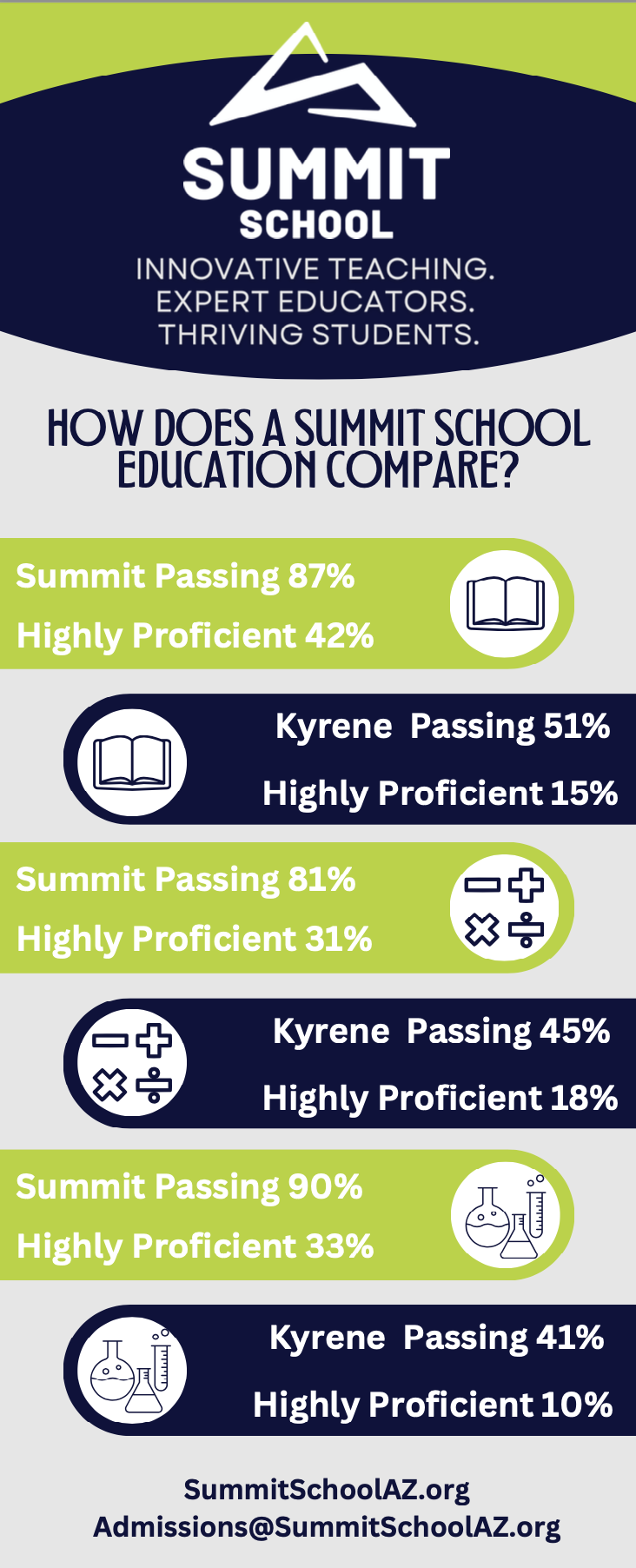

Why Summit School is the right choice?
Welcome to Summit School, where we understand the paramount importance of your child’s educational journey. We recognize that you aspire to see your student reach their highest potential, and we believe that the quality of education plays a pivotal role in shaping their path to success.
Choosing a school is a deeply personal decision, one that holds a lifetime impact for families investing in their children. At Summit School, we aim to create more than just an educational experience; we foster a learning environment that molds future world-changers—individuals who are not only observant and compassionate but also unafraid to take meaningful action.
Our student-focused approach is designed to instill habits of success, including social-emotional skills acquired through teamwork and hands-on learning. With a commitment to sparking intellectual curiosity, Summit School embraces experimentation and views failure as a crucial aspect of the learning process. We seamlessly integrate academics with emotional development, encouraging positive thinking and fostering a joyful perspective.
Our dedicated team of educators, many holding advanced degrees, ensures that every student is known and valued within our small classroom sizes. At Summit, we understand that each child is unique, and our admissions process is crafted to guide you every step of the way, helping you determine if Summit School is the perfect fit for your child.
We welcome students with special needs whose needs can be met through differentiated instruction within the mainstream classroom. For parents considering Summit School for their child with special needs, our Admissions Office is here to provide the necessary guidance and information on the resources available to ensure a supportive and enriching educational experience.
Make the decision that lasts a lifetime—choose Summit School, where the journey to academic excellence and personal growth begins.
Summit School does not discriminate on the basis of race, color, national origin, age, gender identity, religion, marital status, familial or parental status, sexual orientation, disability or protected genetic information when considering admission, employment or educational policies.
